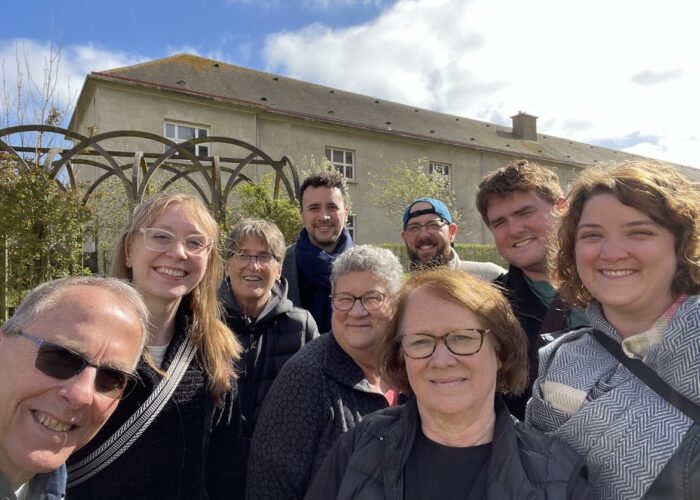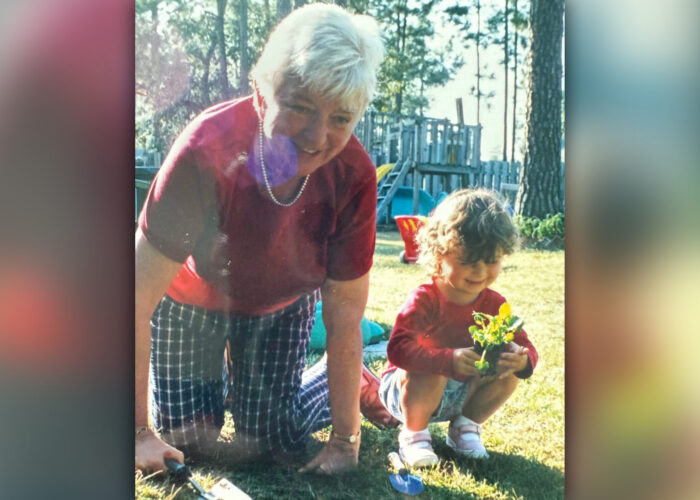Voting is a matter of urgency. Apartheid was scarcely a decade past when my family began our eight-year sojourn in South Africa. I remember the sacred satisfaction, with thanksgiving to God, of people I knew who voted in that nation’s first democratic elections in 1994. For the first time, millions of South Africa’s citizens of color secured a say over basic qualities of life previously denied by White-minority rule. In Long Walk to Freedom, Nelson Mandela recalled the significance of that day in images of "old women who had waited half a century to cast their first vote saying that they felt like human beings for the first time in their lives" (New York: Little, Brown and Co., 1994, p. 618).
Not to vote, therefore, strikes me as either the privilege of those blind to the freedoms they take for granted, or the resignation of those whom society has long failed. Though societal transformation moves slowly and takes more than the ballot, voting is a first, necessary, and peaceful means to promote dignity and justice for all of God’s children.
The capacity for dialogue should be a minimum requirement in voters’ consideration of candidates for office. Dialogue, or the art of conversation, is basic to healthy relationships. In Athens, the apostle Paul engaged in dialogue with fellow Jews and Gentiles alike, reasoning with them on each of their terms. He must have listened well, for he was able to speak the Gospel through the words of their wisdom (Acts 17:16-34). Ever since, the faith of Jesus Christ has spread by translation, as people from every nation hear and accept the Word of God in their own languages.
Translation is essentially dialogue, a communicative process that requires common ground to make meaning. As in mission, so in politics, the respect to speak with others — not over them — says a lot about one’s fitness to lead.
Disciples of Jesus "seek first the kingdom of God and his righteousness" (Matthew 6:33). The kingdom is bigger than any one party, people, or nation, and God’s justice is for all. "A Christian Pledge of Allegiance," written by June Alliman Yoder and J. Nelson Kraybill, says it well:
I pledge allegiance to Jesus Christ,
And to God’s kingdom for which he died,
One Spirit-led people the world over,
Indivisible, with love and justice for all.
As this "one Spirit-led people the world over" is central to our understanding of salvation in Christ, we might ask ourselves why racism — that which divides the body of Christ — does not rank higher on our list of moral concerns. Similarly, we might ask why a track record of hostility toward people of color does not immediately discredit a candidate in the eyes of Christian voters.
As we pray with Jesus for God’s kingdom to come "on earth as it is in heaven," may we so vote and speak "with love and justice for all."





